WHO: Immunization saves 1.8 million lives in Africa in one year... protection from diseases such as measles, polio, and cervical cancer.

- Europe and Arabs
- Wednesday , 30 April 2025 8:32 AM GMT
New York - Geneva: Europe and the Arabs
The World Health Organization said that increasing immunization coverage across Africa saved at least 1.8 million lives in 2023 from life-threatening diseases such as measles, polio, and cervical cancer.
The organization explained in a press release that since 2024, more than five million children who had not received any routine vaccines have been vaccinated through the "Great Catch-Up" initiative, launched in 24 priority countries to prevent disease outbreaks and strengthen health systems. According to the United Nations Daily News Bulletin, a copy of which we received Wednesday morning,
the organization added that this progress is attributed to governments and the support of partners, including the Global Alliance for Vaccines and Immunization (GAVI), UNICEF, and the World Health Organization. The organization said that despite the high birth rate, Africa recorded an increase in diphtheria, tetanus, and pertussis (DTP) vaccination coverage among one-year-olds, from 72 percent in 2022 to 74 percent in 2023, showing signs of a recovery in routine immunization following the COVID-19 pandemic. Countries such as Chad, Cameroon, Ethiopia, and Uganda have seen notable gains.
According to the organization, Africa saw a 93 percent reduction in type 1 poliovirus cases between 2023 and 2024, and a 65 percent reduction in the past year alone.
Progress and Challenges
"We have made significant progress in expanding vaccination coverage and saving lives, thanks to the dedication of governments and partners. But we still have a long way to go," said Dr. Chikwe Ihekweazu, Acting WHO Regional Director for Africa. Despite the progress made, one in four children remains under-immunized, and one in five remains unvaccinated, with many countries facing recurrent disease outbreaks, particularly measles. According to the organization, these gaps can be attributed to limited access to healthcare in remote areas, logistical and cold chain constraints, vaccine hesitancy due to misinformation, and a lack of funding for immunization programs. These challenges are exacerbated by disruptions caused by public health emergencies.
This year's World Immunization Week began on April 24 and aims to ensure more children, adolescents, adults, and their communities are protected from vaccine-preventable diseases.


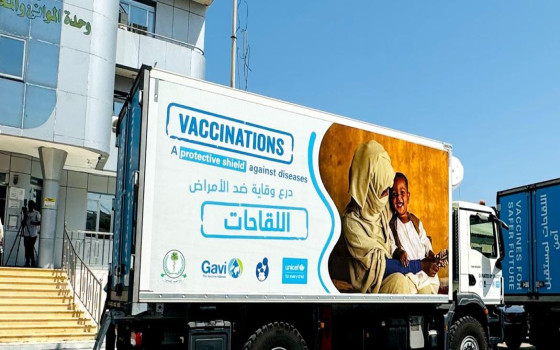
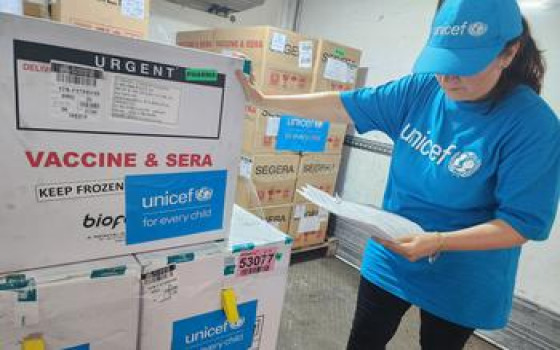


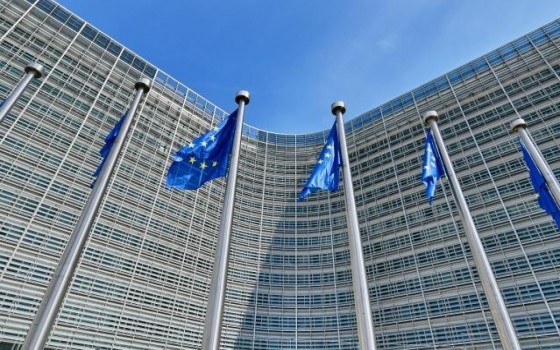
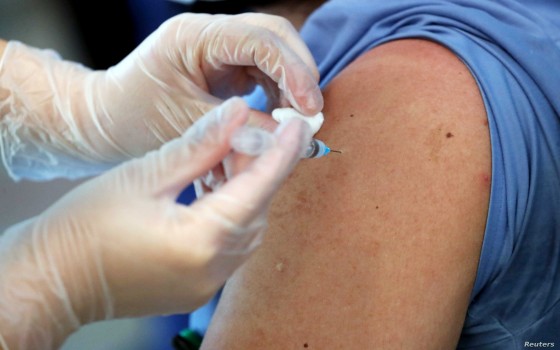
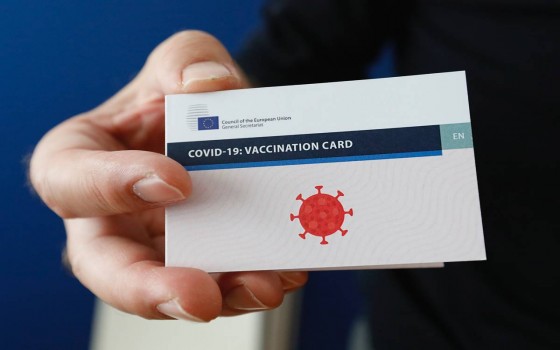


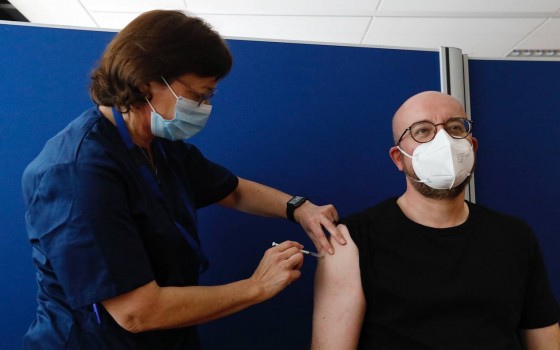


No Comments Found